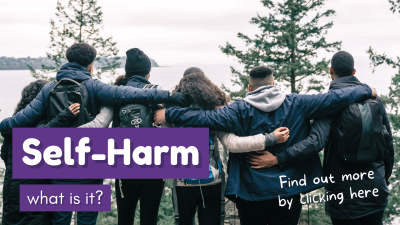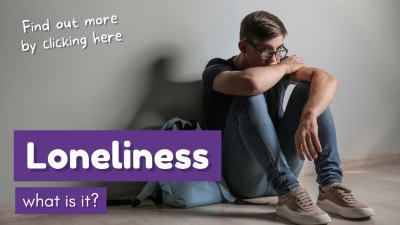I feel low
What is low mood?
Find out more about low mood and why you might feel this way.


What is low mood?
It's OK not to feel happy all the time, but if you're feeling sad most of the time it can be really hard to cope.
Everyone's mood goes up and down. Lots of different things can cause this, like hormones, life events, relationships and stress.
Low mood means that you are feeling sad, this could last for a short or long time and can affect your mind and body in different ways.
What can it feel like?
Low mood can feel different to different people. Some people might get upset and feel like crying, others might feel numb. When you are feeling low things that you usually enjoy can often seem less fun or enjoyable.
Scroll down to see how low mood can sometimes feel in your mind and body.

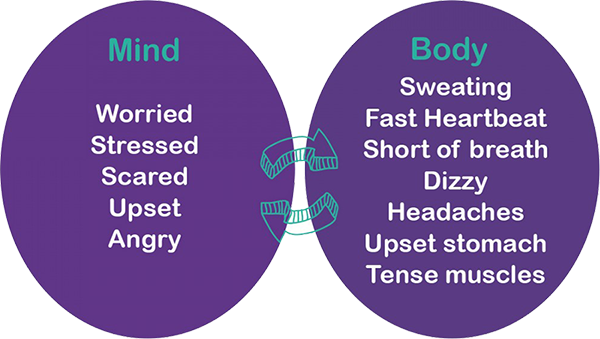

What can it look like?
It’s not always easy to tell if someone close to you is feeling low. Sometimes it’s not even easy for you to understand what you’re feeling.
Some responses are:
- getting annoyed easily or starting arguments
- expressing lots of negative thoughts/opinions
- not eating as much or eating a lot more than usual.
Do I need help with my low mood?
Find out how others manage their low mood and how you can help yourself.


Do I have a mental health condition?
It’s important to remember that there may not always be an event like this that causes you to feel low.
We all feel low from time to time and it can be very normal to feel sad if something upsetting has happened.
Mental health conditions like depression are different to feelings of low mood that are related to an event.
Do I need some help?
For some people, low mood can really get in the way of them living a happy life. Do any of the following affect you?

What can help?
There are lots of different things you can try to and improve your mood. If these don't seem to help, it is always best to seek advice from your GP.
If you are worried about speaking to a doctor, the Doc Ready site can help you prepare for your appointment.
If you are experiencing depression, support can sometimes be given in the form medication, talking therapies or a combination of both.
Where am I on the low mood scale?
Pick a number on the scale to show much your low mood affects you.
Have a think about what might help make your number bigger and scroll through your prescription below to get some information and ideas about support.
Very Bad
I'm OK
You are not alone...
Other young people have struggled with low mood too. Watch this video to hear some of their stories.
Scroll down for our self-prescription below to work out how you can be like them and manage your low mood!

Try our self prescription below now.
Find help, tips and ideas.
How can I manage my low mood?
We've put together some resources on how to cope with feeling low.

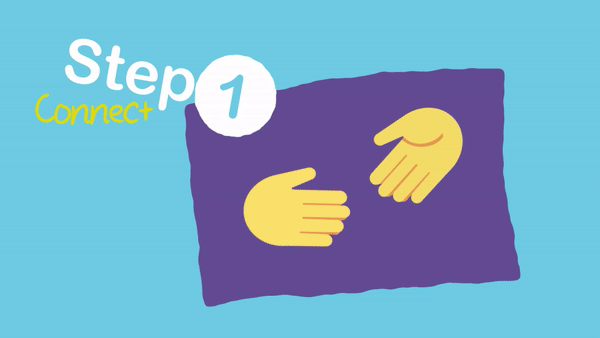
Step 1: Connect
When you feel down it can feel easier to withdraw from seeing friends and family. Staying in touch with people and spending time with others can often help improve your mood. Try and think of a few trusted people in your life and plan time each week to see them or speak to them.
TIP: If you struggle to connect, try setting reminders on your phone to encourage you.
Step 2: Look after your body
It’s the only one you’ve got! If you feel low you may not feel like going outside much, and you may want to eat a lot more or a lot less. Try and make sure that you eat some food that makes you feel good and spend some time outdoors.
It can also be tempting to turn to drugs or alcohol to improve your mood; although this might help at the time it can often make you feel worse.
TIP: Start small by spending 5 minutes a day outside, or trying a new recipe.

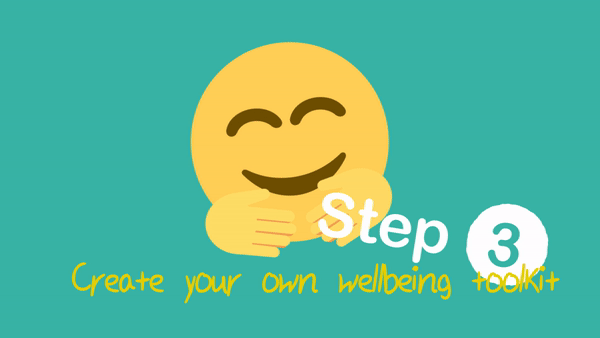
Step 3: Create your own wellbeing toolkit
Make a list of things that could boost your mood that you can use when you’re feeling down, e.g:
- Go for a walk
- Listen to music
- Talk to a friend
- Write your feelings down
- Play with a pet
Step 4: Learn how to manage your mood and create healthy habits
Coronavirus has affected all of us, and it may have had an impact on your experience of low mood and depression.
If you are worried about COVID-19, click here to find more advice about staying safe and practicing self-care during the pandemic.


Get Help
If you feel that your low mood is getting in the way of your day to day life, it may be a good idea to get some help.
Click here to find mental health support services in your area
